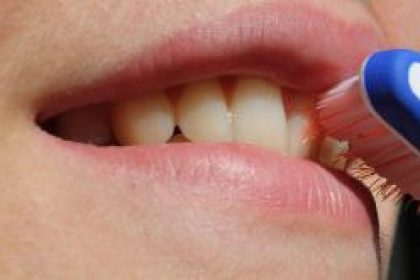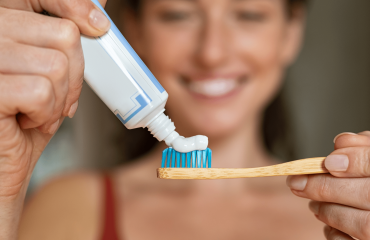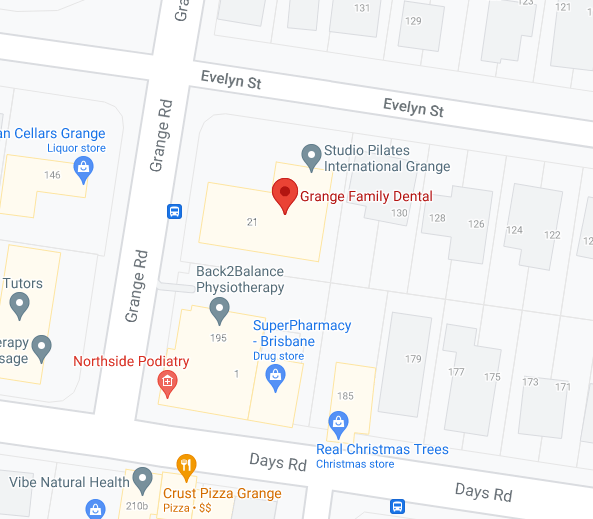
If it’s time to wave goodbye to your wisdom teeth, don’t panic at the thought of surgery!
With the right attitude towards self-aftercare, you can reduce pain, and power through the recovery process as quickly as possible!
Follow our wisdom teeth removal recovery tips for smooth sailing all the way from extraction to the time spent in recovery.

Why is aftercare so important?
Dry socket, the most preventable post-surgery complication, can occur during the healing process. Dry socket develops when the newly formed blood clot dissolves, and the bone and nerve endings become exposed. To prevent this infection, and to combat pain and discomfort, be on your game post-surgery!
Immediately following surgery
Immediately after surgery, you can expect to experience some bleeding, swelling and moderate pain. The surgeon will instruct you to bite down on a gauze pad to control the bleeding. This should be changed 30 minutes after the surgery, and as needed there after. You can also replace the gauze with a moist tea bag. The tea leaves help to promote blood clotting.
Ensure you keep your head elevated, and apply ice to the outside area of your cheeks.
General Aftercare
Once you’ve left the day surgery and made your way home, it’s important to be very gentle with your mouth, and ensure you don’t partake in any strenuous activities that may increase the bleeding. Take this time to rest on the couch or in bed, and prepare for a movie marathon!
Some general points of care to follow include:
– Keep your mouth clean by brushing your teeth gently (very carefully around the surgical sites)
– 24 hours post surgery, rinse your mouth with a diluted mouth wash or saline solution (do this several times daily and especially after eating)
– Continue to use ice to reduce the swelling
– Stay well hydrated and drink lots of lukewarm or cold fluids
– Keep your head slightly elevated at all times for at least 3 days
– Eat soft, mushy foods and avoid carbonated drinks or foods that may get stuck in the socket like popcorn and nuts
– Rest! Give your body what is needs during the healing process
If complications arise
Some normal symptoms you could experience include bruising, dryness, a sore throat, a stiff jaw or nausea. These symptoms, along with the pain and swelling, should start to ease after 3 to 4 days. However, if any of your post-surgery symptoms worsen after the fifth day or you’re still experiencing pain, we advise you see your dentist.
Pain relief
Follow the surgeon’s instructions post wisdom tooth surgery and take pain relief medication accordingly. It’s always a good idea to take pain medication with food to avoid nausea. You may be prescribed antibiotics for infection if complications do arise.
Check in with us!
It’s important to plan ahead before for your wisdom tooth extraction! Ensure you book the surgery at a convenient time when you can take a couple of days off work. It’s also a good idea to organise for a family member or friend to spend the remainder of the surgery day with you.
If you’d like more information on wisdom teeth removal contact our friendly team. With over 20 years experience in extractions, Grange Family Dental is your affordable go-to for wisdom tooth removal.









